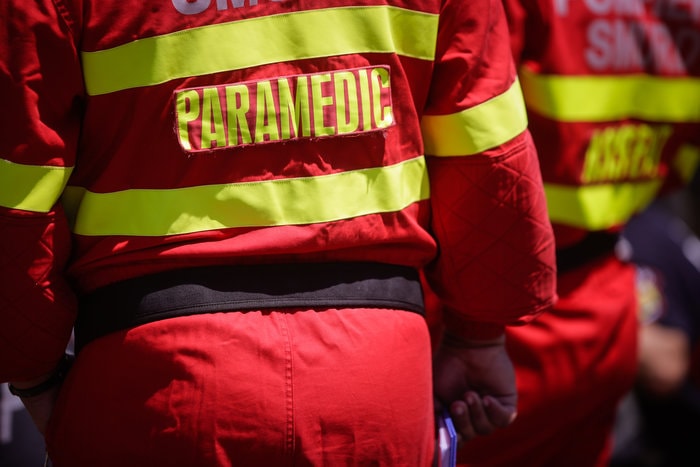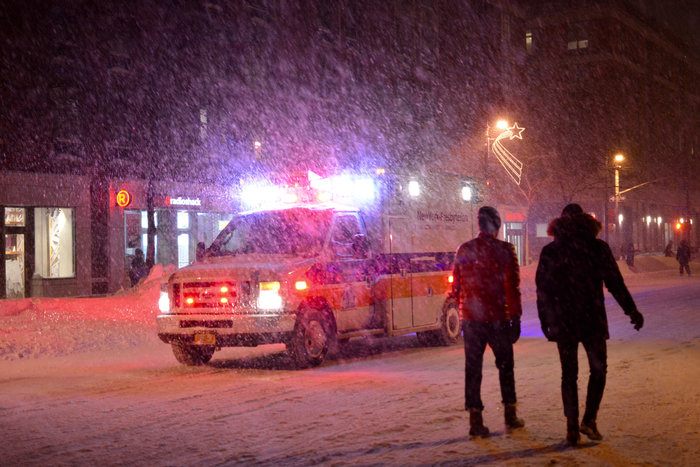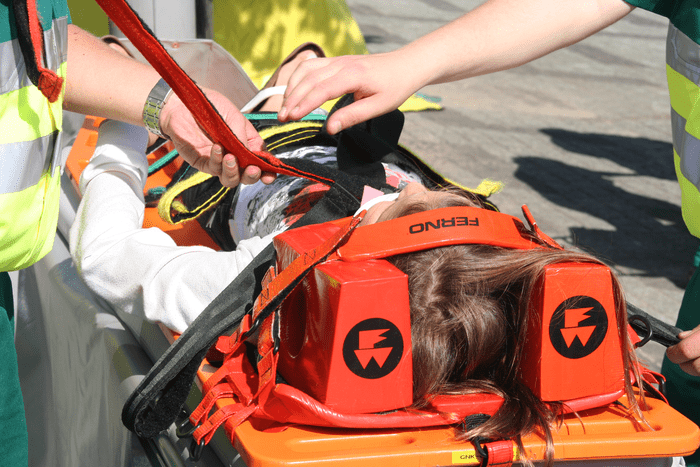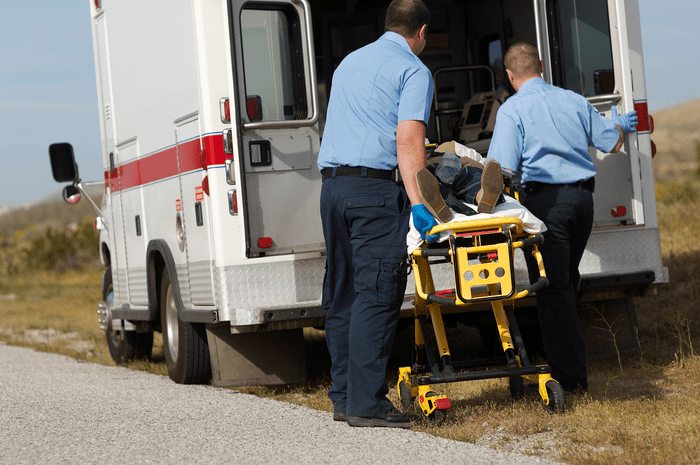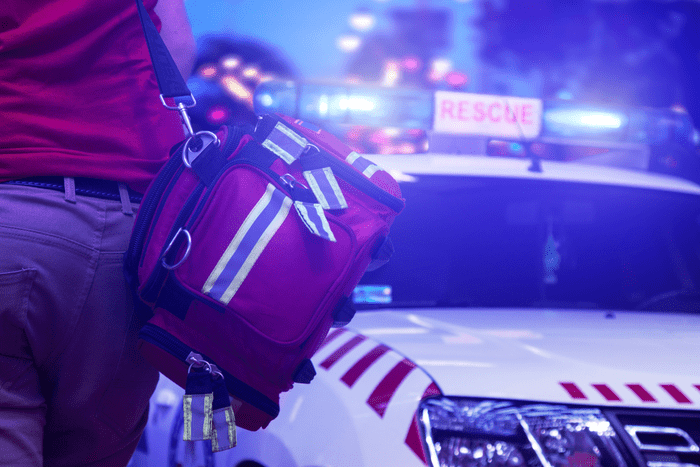The COVID-19 crisis has fundamentally shifted the emergency medicine landscape. Providers are exhausted, afraid, and overwhelmed by an increasingly taxed health system. Patients’ lives hang in the balance, and research shows that they’re just as afraid. Fear of the novel coronavirus is now keeping patients with emergency symptoms away from the emergency room.




